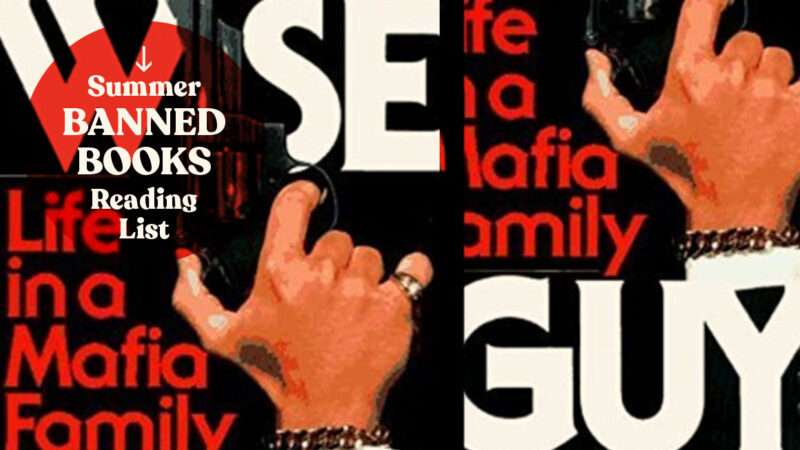
My nonfiction book about a mother throwing her young children from a bridge occasionally prompts comments such as: "If you don't give every penny in sales to the surviving children, you're a monster." While I appreciate that people find the idea of making money from misery unforgivable, our media diets would be slim indeed were we to forbid creators from profiting off tragic circumstances. Everything from the Bible to the true-crime lineup on the Investigation Discovery network, whose combined readership/viewership I'll put at roughly infinity, would be off the table.
The rationale behind New York's Son of Sam law, also known as a "notoriety-for-profit" law, was to keep convicted criminals from profiting off writing about their crimes, whether directly or through an amanuensis. State legislators hustled through the law almost immediately after the arrest of David Berkowitz, who'd been dubbed the "Son of Sam" during his 1976–77 killing spree. Fearing Berkowitz would peddle his story to publishers (he didn't), the law authorized the state to seize any monies earned through such a project and turn them over to the victims, which might be the very definition of adding insult to injury.
Simon & Schuster, publishers of the 1985 book Wiseguy, challenged the Son of Sam law as violating the First Amendment rights of mobster-turned-informant Henry Hill. This came after New York state claimed it was entitled to the $92,250 the publisher had paid Hill for his memoirs, as written by author Nicholas Pileggi. In 1991, the U.S. Supreme Court voted 8–0 in favor of Hill, saying the law was overly broad and discriminated against speech based on content. A good outcome.
You know what else is good? Turning terrible events into art, as Pileggi did with Wiseguy and as Martin Scorsese did when he turned Wiseguy into Goodfellas. That smashing heads and hijacking trucks in 1970s Brooklyn could become a classic movie seen potentially forever and worldwide: Who wouldn't want that metamorphosis?
Well, the state, or a school board, or 50 raving people on Twitter. Campaigns based on restriction deprive us not only of the work itself, they halt what that work might become: an entertainment, a thing of beauty, use, and even love.
I did not give money to the surviving children of the subject of my book about matricide. Due to crappy circumstance, however, they had been kept apart by several adults in their lives. After publication they were able to reach out to me and ask that I bring them together, which I did.
The post How <em>Wiseguy</em> Challenged New York's 'Son of Sam' Laws appeared first on Reason.com.







